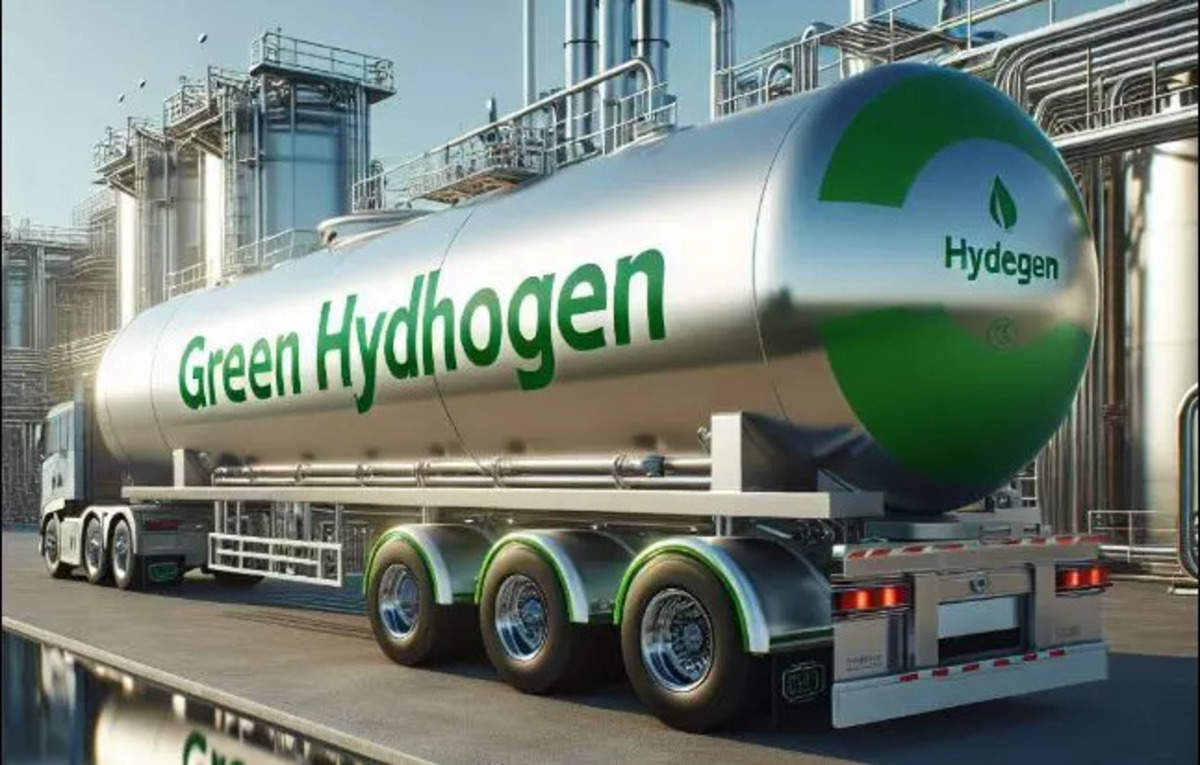TKIL Industries Enters Green Hydrogen Sector in India with SoHHytec Partnership
Key Ideas
- TKIL Industries invests in SoHHytec SA to deploy green hydrogen technology in India, aligning with the country's ambitious hydrogen production targets.
- The partnership focuses on leveraging SoHHytec's efficient artificial photosynthesis technology for industrial applications in key sectors like steel, cement, and transportation.
- TKIL Industries plans to establish a localized supply chain for manufacturing green hydrogen equipment, supporting India's goal of reducing import dependency.
- The collaboration aims to cut transportation costs by 50% per kilometer and contribute to India's efforts in reducing carbon emissions and achieving net-zero targets.
TKIL Industries, previously known as thyssenkrupp Industries India Pvt. Ltd., has made a strategic investment in SoHHytec SA, a Swiss innovator in hydrogen production, to enter India's green hydrogen sector. The partnership grants exclusive rights for manufacturing and deploying SoHHytec's technology in India, in line with the country's target of producing 7.5 million tonnes of green hydrogen yearly by 2030. TKIL Industries will utilize SoHHytec's artificial photosynthesis technology powered by renewable sources like solar and wind to accelerate green hydrogen adoption in industrial regions like steel, fertilizers, and transportation.
TKIL Industries aims to drive sustainability and emission reduction by focusing on decarbonizing hard-to-decarbonize industries through this collaboration. The company plans to localize manufacturing of green hydrogen equipment to boost domestic production capabilities and reduce import reliance. Dr. Saurabh Tembhurne, CEO of SoHHytec, emphasized the scalability and cost-effectiveness of their technology, showcasing the potential for significant green hydrogen production scaling in India.
Moreover, the green hydrogen produced through this partnership is expected to bring about a 50% reduction in transportation costs per kilometer compared to traditional vehicles. The technology's flexibility, off-grid capability, and recyclability make it a suitable solution for India's diverse energy requirements. As part of India's broader strategy to combat carbon emissions and achieve net-zero targets by 2070, TKIL Industries plans to kick off initial deployments in cities like Jaipur and Nagpur, showcasing the tangible impact of the collaboration.
Topics
India
Renewable Energy
Technology
Sustainability
Transportation
Manufacturing
Partnership
Decarbonization
Supply Chain Development
Latest News
